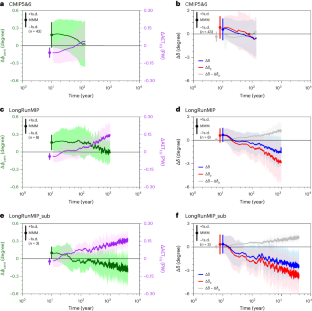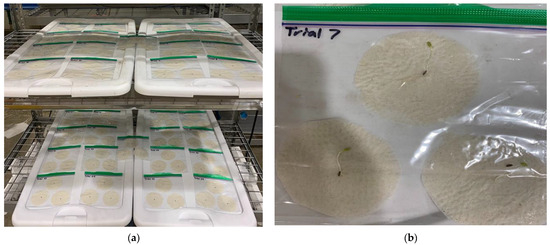2024-06-25 カリフォルニア大学リバーサイド校(UCR)
<関連情報>
- https://news.ucr.edu/articles/2024/06/25/climate-change-shift-tropical-rains-northward
- https://www.nature.com/articles/s41558-024-02034-x
熱帯間収束帯の移動の速さと遅さは、南氷洋の温暖化の遅れに関連している Contrasting fast and slow intertropical convergence zone migrations linked to delayed Southern Ocean warming
Wei Liu,Shouwei Li,Chao Li,Maria Rugenstein & Antony P. Thomas
Nature Climate Change Published:28 June 2024
DOI:https://doi.org/10.1038/s41558-024-02034-x

Abstract
Migrations of the intertropical convergence zone (ITCZ) have significant impacts on tropical climate and society. Here we examine the ITCZ migration caused by CO2 increase using climate model simulations. During the first one to two decades, we find a northward ITCZ displacement primarily related to an anomalous southward atmospheric cross-equatorial energy transport. Over the next hundreds or thousands of years, the ITCZ moves south. This long-term migration is linked to delayed surface warming and reduced ocean heat uptake in the Southern Ocean, which alters the interhemispheric asymmetry of ocean heat uptake and creates a northward atmospheric cross-equatorial energy transport anomaly. The southward ITCZ shift, however, is reduced by changes in the net energy input to the atmosphere at the equator by about two-fifths. Our findings highlight the importance of Southern Ocean heat uptake to long-term ITCZ evolution by showing that the (quasi-)equilibrium ITCZ response is opposite to the transient ITCZ response.



